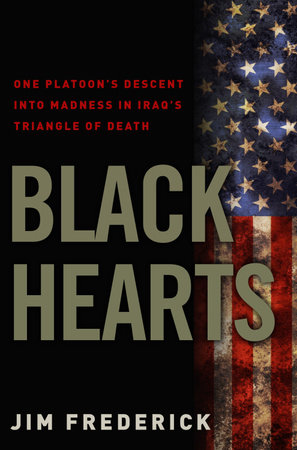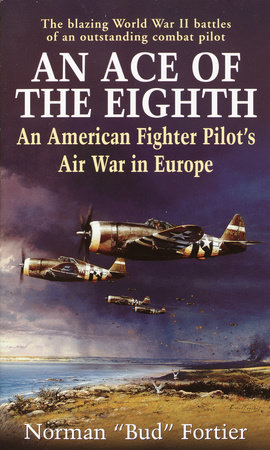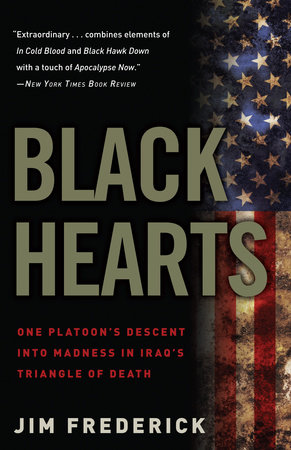

Black Hearts
By Jim Frederick
By Jim Frederick
By Jim Frederick
By Jim Frederick
Category: 1950 – Present Military History | Biography & Memoir | Politics
Category: 1950 – Present Military History | Biography & Memoir | Politics

-
$20.00
Feb 01, 2011 | ISBN 9780307450760
-
Feb 09, 2010 | ISBN 9780307450982
YOU MAY ALSO LIKE
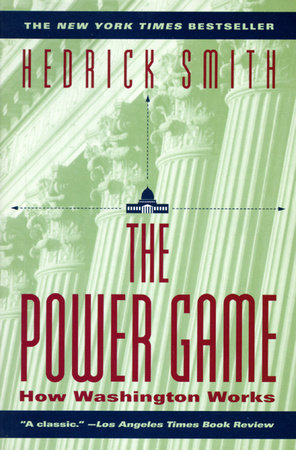
Power Game
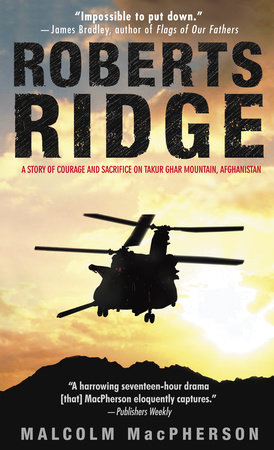
Roberts Ridge
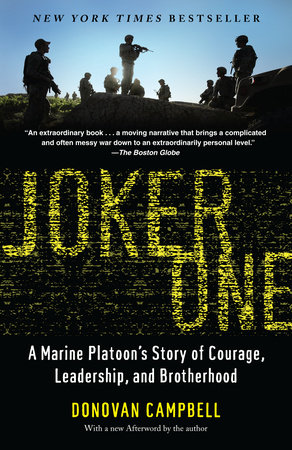
Joker One
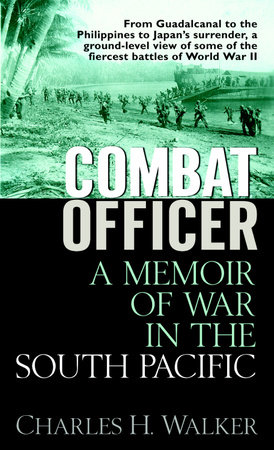
Combat Officer
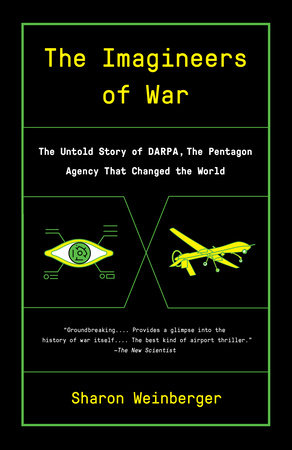
The Imagineers of War
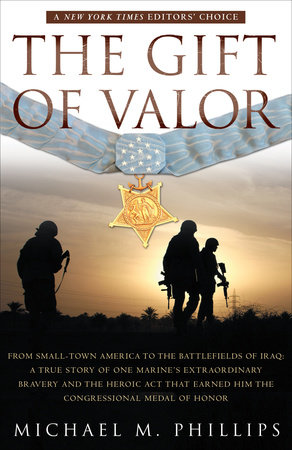
The Gift of Valor
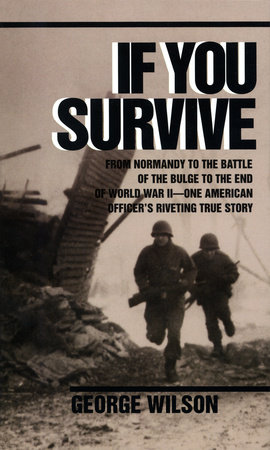
If You Survive
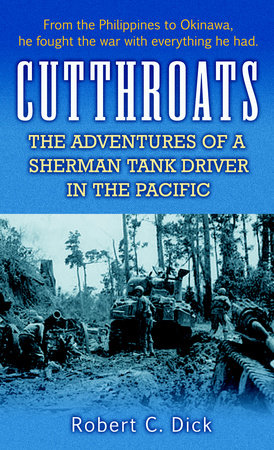
Cutthroats
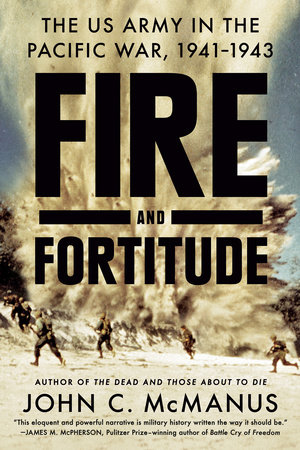
Fire and Fortitude
Praise
“Riveting. . . A narrative that combines elements of ‘In Cold Blood’ and ‘Black Hawk Down’ with a touch of ‘Apocalypse Now’ as it builds toward its terrible climax….Frederick’s extraordinary book is a testament to a misconceived war, and to the ease with which ordinary men, under certain conditions, can transform into monsters. . . . Extraordinary.”
—New York Times Book Review
“Meticulous. . . . Demands to be read.”
—Washington Post
“Frederick, taking the story through to the surprising effect of the beheadings, the conclusion of the war crime trials and the impact that they had on the Iraqi relatives of the slain and the members of Bravo Company, tells the complex story in raw, compassionate and exact detail. Black Hearts should be taught at West Point, Annapolis, and wherever else the styles and consequences of combat leadership are studied.”
—HuffingtonPost.com
“Gripping. . . . A model of extended reportage on a multifaceted subject.”
—Chicago Sun-Times
“Panoramic. . . . Gritty.”
—Chicago Tribune
“BLACK HEARTS is a gripping account of a single incident involving some of the most despicable actions by U.S. soldiers since the My Lai massacre in Vietnam….It would be good for our nation and our military if the examples of bad leadership exposed by Jim Frederick in BLACK HEARTS become a subject of study in our military education system.”
—Military Review
“Black Hearts shows how a broken system broke its men. . . . Engrossing and enraging, a chronology of combat and crime reported with compassion.”
—Army Times
“Every military leader should read Black Hearts. With empathy and clear-eyed understanding, Frederick reveals why some men fail in battle, and how others struggle to redeem themselves. An absorbing, honest and instructive investigation into the nature of leadership under stress.”
—Bing West, author of The Village and The Strongest Tribe
“Intense. . . . Fast-paced and highly detailed, this volume is difficult to put down. “
—Publishers Weekly, starred review, “Pick of the Week”
“Frederick’s…compassion for all parties involved has enabled him to get an amount of cooperation from all of them that makes the book an exceptionally rich and valuable document of an aspect of the war the coverage of which is not always free from political bias or just plain sloppiness.”
—Booklist
“Harrowing account of the atmospherics, commission and aftermath of a war crime. In March 2006, deployed in the south of Baghdad, the 1st Battalion, 502nd Infantry Regiment, 101st Airborne Division faced a countryside in uproar. Arguably the most dangerous spot in an extremely dangerous country, the Triangle of Death featured IEDs that made every Humvee ride “an exercise in terror” and a civilian population indistinguishable from the death-dealing armed militias. With too few men to mount proper patrols and suicide car bombings and videotaped beheadings circulating to instill an extra bit of horror, every soldier had to endure constant stress and resist hating the very people they were charged with protecting. Relying on scores of interviews with soldiers and Iraqis, journals, letters, classified reports and investigations, Frederick carefully reconstructs the events that led to the breakdown of 1st Platoon, Bravo Company, when four soldiers raped and killed an Iraqi girl and murdered her family. War atrocities, of course, are as old as Achilles’ rage, and why particular soldiers succumb to madness and surrender their honor, while others who have undergone the same hardships don’t, remains a mystery. Still, the author answers the questions he can, plumbing 1st Platoon’s psychological isolation, a consequence of having three of their leaders killed in a two-week period, the resulting disarray compounded by a leadership vacuum and by constant, invidious comparisons by senior officers with Bravo’s other platoons. Their heightened sense of self-pity, the belief that they faced unevenly distributed risks and the perceived disrespect or indifference of high command—all these factors created the conditions that led to an unspeakable crime. While never absolving the four perpetrators of their individual responsibility, Frederick makes clear that the atrocity had identifiable antecedents and spreads blame much wider than four out-of-control GIs. A riveting picture of life outside the wire in Iraq, where ‘[y]ou tell a guy to go across a bridge, and within five minutes he’s dead.'”
—Kirkus Reviews, starred review
21 Books You’ve Been Meaning to Read
Just for joining you’ll get personalized recommendations on your dashboard daily and features only for members.
Find Out More Join Now Sign In








